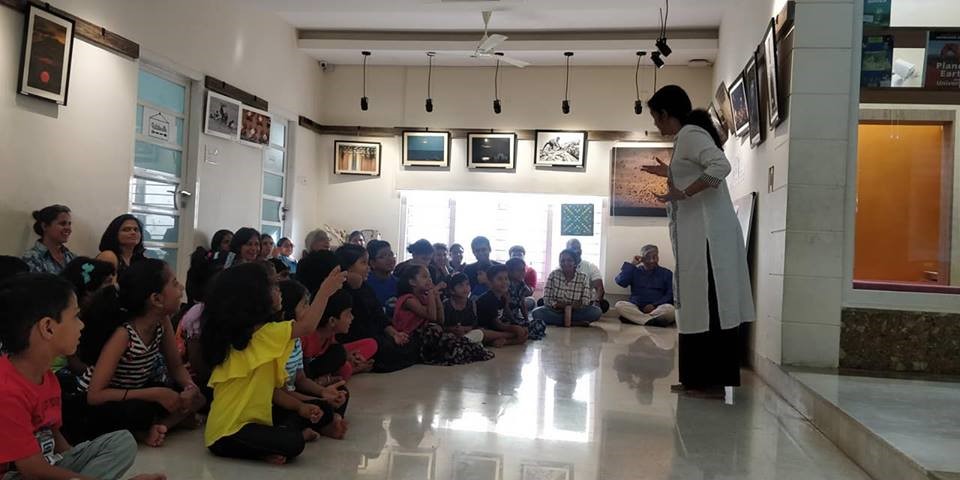On The Importance of Storytelling
The telling of stories is an integral part of humanity, regardless of the different cultures we hail from. We learn from, connect and relate to other people through the stories we tell and listen to, whether it is the timeless fox-and-crow story your grandmother told you as a child more times than you can count, or the story of the unbelievable incident your friend had last week. Anecdotes, personal back-stories, tales passed down through generations, even stories meant to allegorize situations—from the multitude of ways we make use of stories, it is apparent that storytelling is not only for kids, but for people across all age groups.
Stories have traditionally been told to children to entertain them and teach them values. But for adults, they can serve other purposes, depending on how they’re used. Conflict resolution through what is known as a dialogue process uses storytelling to help people on opposite sides of an argument understand why their opponent feels the way they do. Used often in workplaces and in therapy, this facilitates participants to engage empathetically in the other party’s ‘story’ so they can work towards a solution or compromise. Indeed, stories foster empathy, even from a young age, since stories engage children and enable them to form new perspectives. Children’s books especially are effective tools. When children read by themselves, they participate in the narrative without external guidance, learning on their own.

Children also pick up on characters’ actions in stories and apply them to their own lives, or at least remember them well for future reference. Telling them stories or supplying them with books about resourceful, optimistic protagonists who face conflict boldly and who remain kind despite dire situations is important: it tells them that things eventually work out, and that if they don’t, there’s always some way to deal with it. Children’s methods of managing conflict often carry over into adulthood as well, so it is imperative that the stories they engage with equip them with the right means at an early age.
Along the same ‘forming new perspectives’ vein, therapeutic storytelling encourages adult listeners to wipe clean the lenses through which they look at the world, or swap them out entirely for newer, better ones. This translates into a mindset change for when a listener engages in a story that helps them view circumstances not unlike their own from a different point of view.
When it comes to pitches and advertising, studies have found that nothing satisfies like a compelling story. This is because stories deliver information with a more personal touch than straight facts do. When we listen to stories, we’re not simply listening or taking in information—we’re experiencing. Since no two people experience something the same way, each ‘experience’ of a pitch or an advertisement is that much more personal for each listener. Besides, engagement (as opposed to mere intake, in the case of dry facts) results in remembering, so we’re more likely to remember the ad with the funny storyline than one that just states its purpose. This is also why children are more likely to remember a fact they encountered in a storybook than if they’d read it from a textbook.
It doesn’t stop there. Storytelling among adults result in strong bonds forming between the teller and listener. It can empower groups, giving them their own voices and agency. It results in better teaching and learning even at the university level, and it cultivates empathy no matter what the age of the listener. Perhaps it’s true that children are the ones most entertained when a story is told, but it is time storytelling is recognized for the powerful tool it is even among adults.





